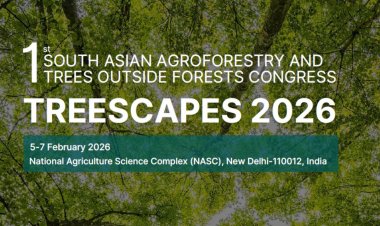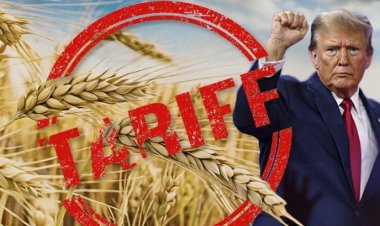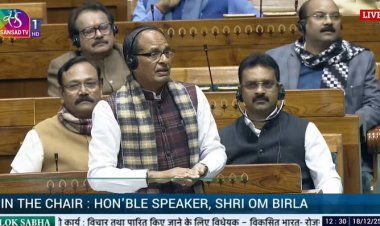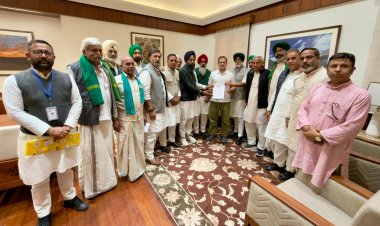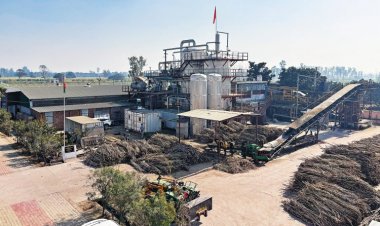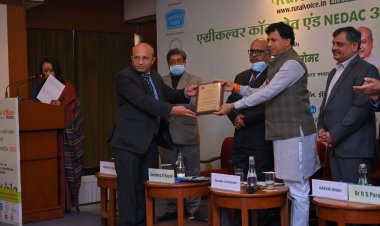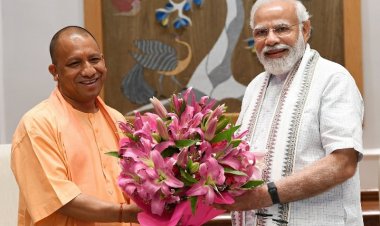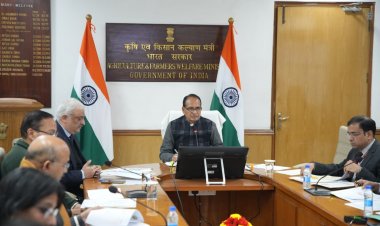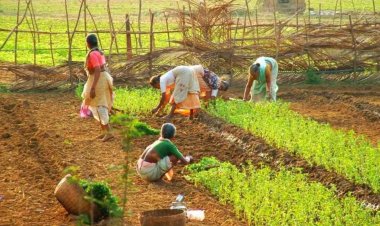Draft National Policy on Blue Economy
The draft Blue Economy policy framework envisages the optimal utilization of all sectors of the maritime domain (living, non-living resources, tourism, ocean energy, etc.) for sustainable development of coastal areas. This policy document contains key recommendations on national accounting framework for blue economy and ocean governance, coastal marine spatial planning and tourism priority, marine fisheries, aquaculture and fish processing, etc.
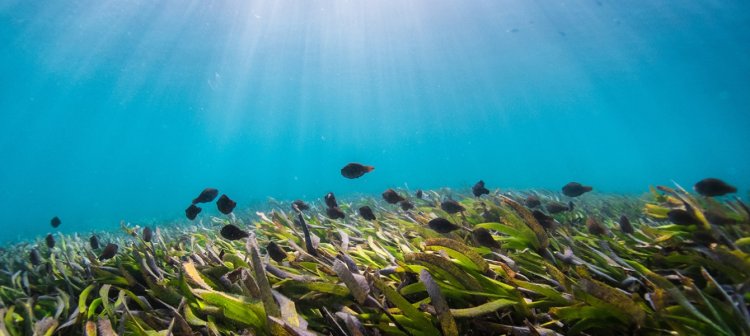
According to a Ministry of Earth Sciences (MoES) press release, a draft policy framework on India’s Blue Economy has been prepared. “Blue economy” is a term in economics relating to the exploitation, preservation and regeneration of the marine environment.
The draft Blue Economy policy framework envisages the optimal utilization of all sectors of the maritime domain (living, non-living resources, tourism, ocean energy, etc.) for sustainable development of coastal areas. This policy document contains key recommendations on national accounting framework for blue economy and ocean governance, coastal marine spatial planning and tourism priority, marine fisheries, aquaculture and fish processing, manufacturing, emerging industries, trade, technology, services and skill development, logistics, infrastructure and shipping, coastal and deep-sea mining and offshore energy and security, strategic dimensions and international engagement.
The proposed National Blue Economy Advisory Council (BEAC) will have the Secretaries of relevant ministries or departments as members. It would also include Chief or Principal Secretaries of coastal states and representatives from industry.
The draft policy document was put out for comments and feedback from the general public and all relevant stakeholders. Many valuable comments or suggestions received from ministries or departments, parliament members, non-governmental organizations (NGOs), industry representatives and the general public have been considered and the policy document has been revised accordingly.
The press release said that there was no activity with the theme 'Swachh Prithvi, Swachh Sagar’. However, an activity with the theme ‘Swachh Sagar, Surakshit Sagar’ is being implemented. This is a 75-day-long coastal clean-up campaign for the cleaning of at least 75 beaches along the coastal districts. It started on July 5 and will culminate on September 17, which is observed as the International Coastal Clean-Up Day. The activity is being organized by MoES jointly with the Indian Coast Guard, MoEF&CC, MoYAS, NDMA, Paryavaran Sanrakshan Gatividhi and government departments, volunteer organizations, the public and students.
The steps or initiatives would include support for awareness campaigns, competitions and workshops or seminars on the issues through Earth Day, Ocean Day, etc. in schools, colleges and universities.
This information was given by Dr Jitendra Singh, the Minister of State (independent charge) for Earth Sciences and Science & Technology in a written reply in the Lok Sabha on July 27.



 Join the RuralVoice whatsapp group
Join the RuralVoice whatsapp group

















